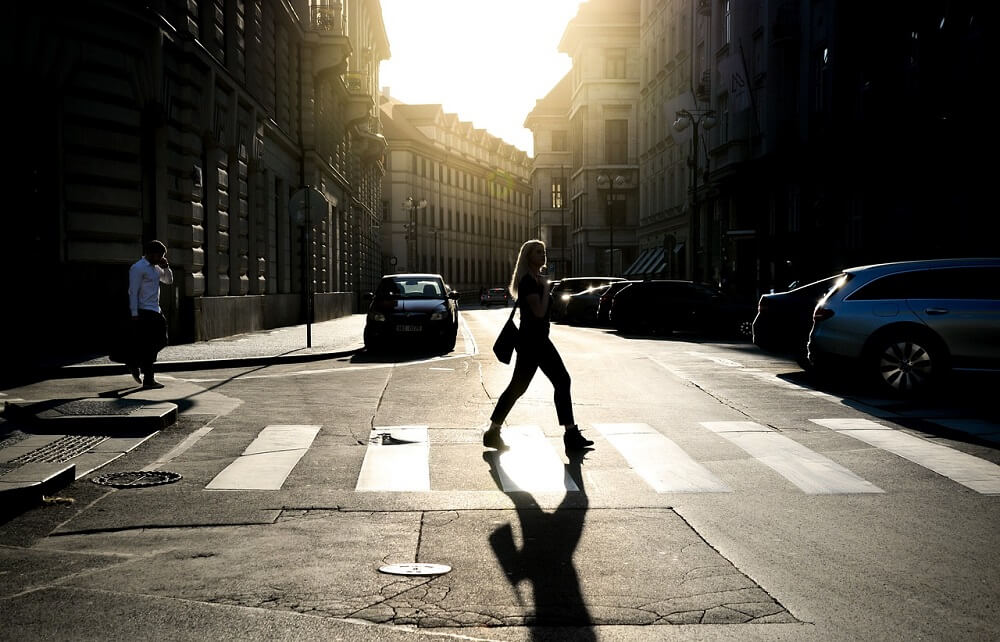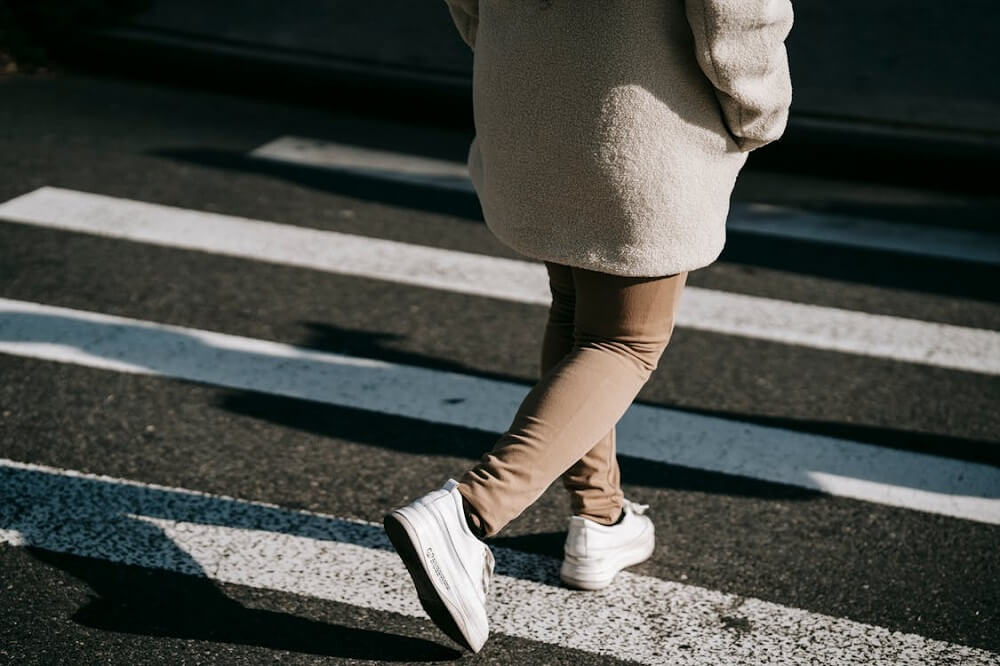
How to be Safer on the Street? 6 Tips From an Experienced Lawyer
As we go about our daily lives, always prioritize our safety, especially when out on the street. Unfortunately, the streets can be unpredictable and dangerous at times, making it crucial for us to take necessary precautions to protect ourselves. But how exactly can we ensure our safety while on the street? Who better to turn to for advice than an experienced lawyer who has dealt with numerous cases involving street crimes? In this guide, we will share 6 tips from an experienced lawyer on how you can be safer on the street.
Knowing Your Rights
Understanding your rights, particularly during interactions with law enforcement, is one of the most crucial steps to ensuring your safety on the street. Whether you choose Pocrass & De Los Reyes or another experienced lawyer, be aware of what you can and cannot do in such situations. For example, you have the right to remain silent and the right to an attorney. Exercise these rights, even if you feel intimidated or pressured by law enforcement. Knowing your rights can help prevent any potential misunderstandings or violations of your constitutional rights on the street.
Staying Alert
Staying alert and aware of your surroundings is key to avoiding dangerous situations on the street. This means being mindful of your surroundings at all times, especially in unfamiliar areas or at night. Avoid walking with headphones on or talking on the phone, as this can distract you from potential dangers. If possible, walk with a friend or in well-lit areas, and avoid isolated or dimly lit streets. Trust your instincts and if you feel uneasy about a certain situation, trust yourself to leave or find a safer route. Staying alert can help you spot potential dangers and act accordingly to avoid them.
Trust Your Instincts
We are often taught to ignore our gut feelings and rely solely on logic and reason, but in potentially risky situations, our instincts can be a powerful tool. If something feels off or wrong, listen to that feeling and act accordingly. It's better to err on the side of caution and remove yourself from a potentially dangerous situation, rather than ignoring your instincts and risking harm. Trusting your gut can also help you make quick decisions in high-stress situations, which can be crucial for ensuring your safety on the street. Always trust yourself and your instincts when it comes to staying safe.

Avoid Distractions
Nowadays, technology has become an essential part of our lives. However, it can also make us vulnerable when we're out on the street. Constantly checking our phones or being engrossed in social media can distract us from our surroundings and potential dangers. Limit your use of technology while walking on the street and avoid using it altogether in isolated or unfamiliar areas. This will help you stay alert and aware of your surroundings, making it easier to spot potential threats. Moreover, avoid sharing your location or personal information on social media platforms, as it can make you an easy target for criminals.
Being Prepared
It's always a good idea to carry essential items with you that can help in case of an emergency. These items may include a fully charged phone, pepper spray or a personal alarm, and some cash. Make sure to keep these items easily accessible and be familiar with how to use them. It's also a good idea to have emergency contacts saved on your phone and know the number for local law enforcement or emergency services. Being prepared can help you react quickly in case of any danger, making it an important aspect of staying safe on the street.
Seeking Help
Finally, always remember that you are not alone in ensuring your safety on the street. There are many resources and organizations available that can assist you in staying safe. These may include self-defense classes, neighborhood watch groups, or hotlines for victims of crime. Research and be aware of these resources in your community and utilize them whenever necessary. Reach out for help or support if you feel unsafe or have experienced a crime. Seeking help is not a sign of weakness, but rather a proactive step towards staying safe on the street. Together, we can create safer communities and streets for everyone.
Being safer on the street requires a combination of awareness, preparedness, and trust in our instincts. By knowing our rights, staying alert and avoiding distractions, being prepared for emergencies, and seeking help when needed, we can greatly reduce the risk of becoming victims of crime while out on the street. Always prioritize your safety and be proactive in taking necessary precautions. As the saying goes, it's better to be safe than sorry. Stay vigilant and stay safe on the streets.


